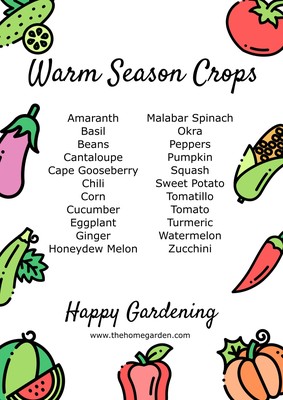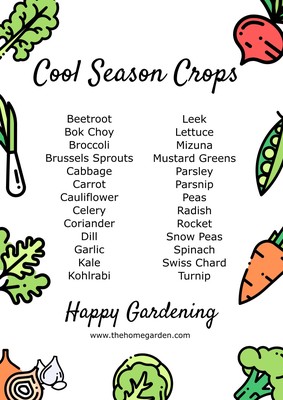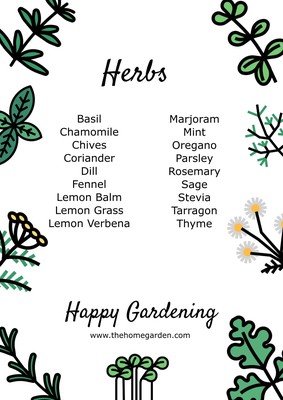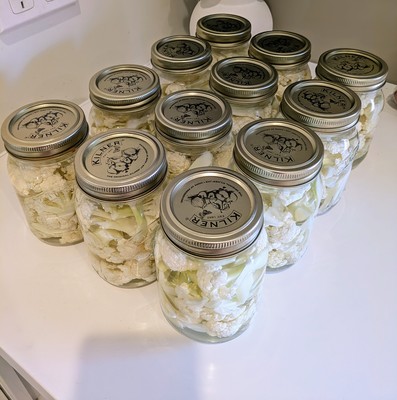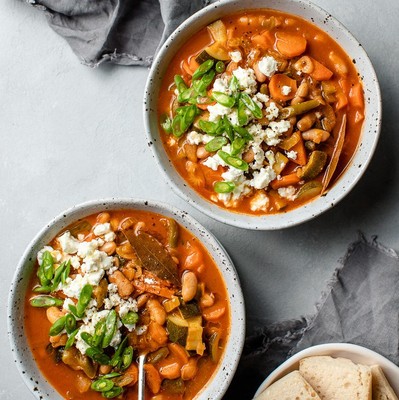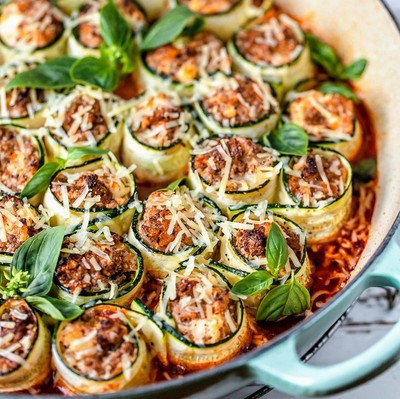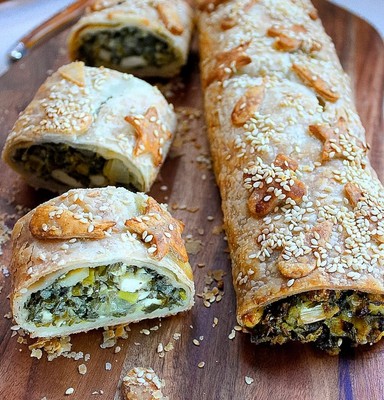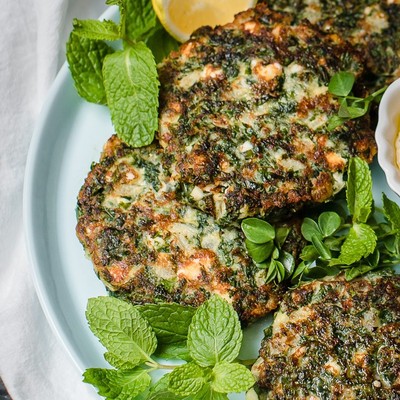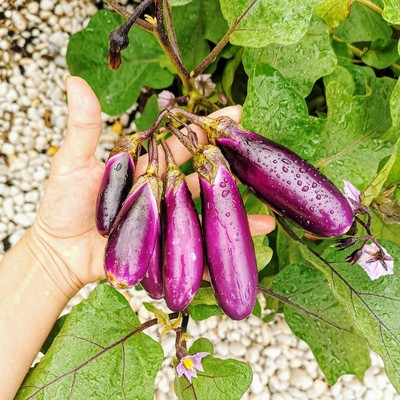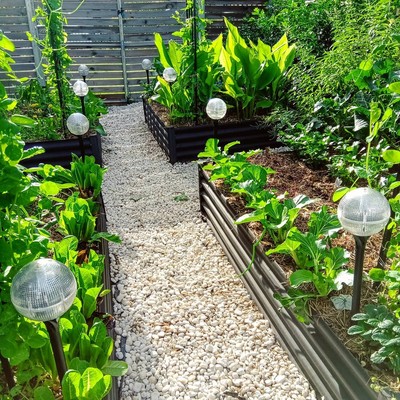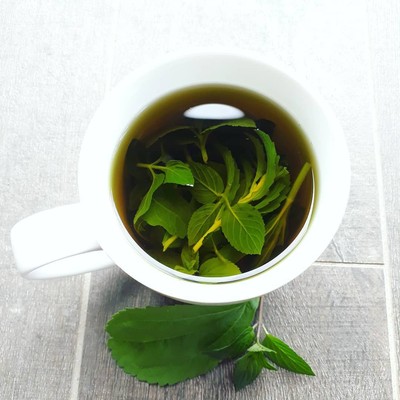Seasonal Planting
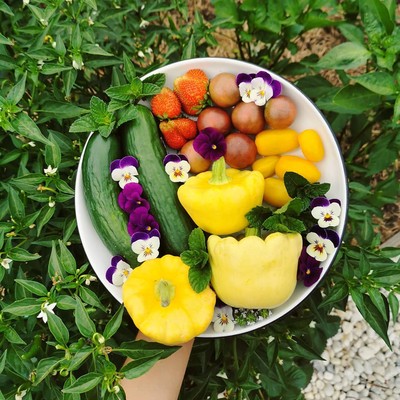
Most crops are seasonal, meaning they will grow best at certain times of the year and will either die off or stop producing at the end of that season. Planting seedlings and sowing seeds according to the seasons is vital to the success of your vegetable garden. When planted in the wrong season, seeds can fail to germinate or crops can fail to thrive, this is due to non-ideal soil temperatures and prolonged exposure to heat or cold. Weather conditions such as frost can even kill some plants, almost overnight. Stressed, weak plants are more susceptible to pest and disease damage, so it’s definitely best to think about what’s in season prior to planting up your veggie patch to ensure that your crops have the best possible chance for success.
Most edibles are grouped into two categories, warm season and cool season crops. Warm season crops are generally planted in spring and continue to grow throughout the summer months and even into early autumn. Cool season crops are generally planted in autumn to grow throughout the winter months and even into early spring. This can vary depending on your climate.
Most herbs are perennial, meaning they will only need to be planted once and will continue to grow year after year. Basil, Coriander (Cilantro), Dill and Parsley are exceptions to this and will need to be replanted annually.
For more on growing your own food and starting up an organic vegetable garden, including 24 hour personalised support check out the 'Ask a Question' feature and join today.
Happy Gardening!
